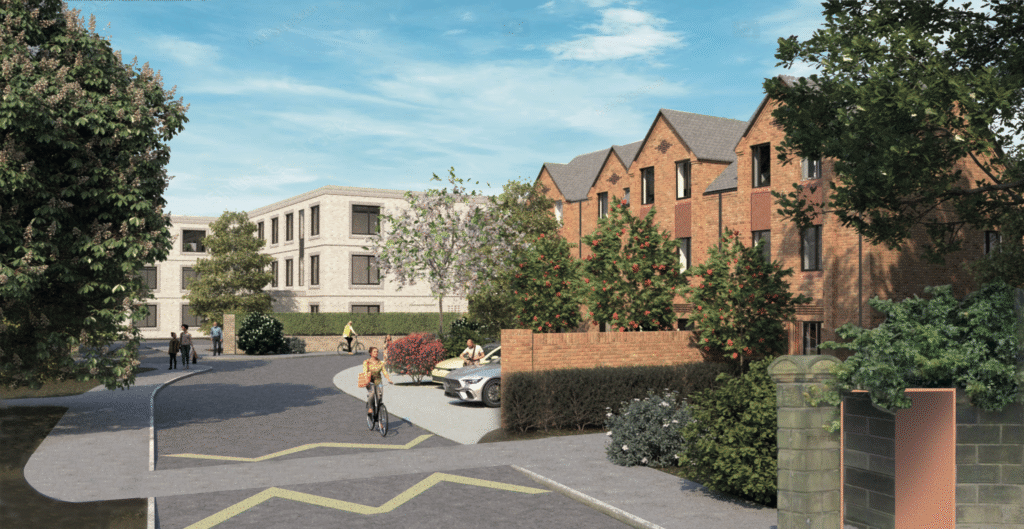Public support during public consultations in the planning process for housebuilding in local areas has dropped significantly down 11% since the general election, according to research from Stack Data Strategy. While Labour’s bold housing target may have set the tone nationally, the reality on the ground suggests developers and policymakers need to rethink how they engage with the people most affected by new development.
At Muller Property Group, we believe that meaningful public consultations in the planning process are the key to reversing this trend. If we want to build homes, we must first build trust. Stack’s survey of over 14,000 adults earlier this year found that opposition is strongest in areas where housing targets have risen sharply and where political shifts, like the rise of the Reform Party, reflect growing unease. In East Lindsey, Lincolnshire, support for new homes fell by 22%, while targets rose by over 150%.
Support also declined among renters and young adults groups who arguably stand to benefit most from new housing. Among young opponents, nearly a third said they didn’t support local housebuilding because they believed ‘new housing won’t be affordable anyway.’ With no national scheme currently in place to support first-time buyers, this sentiment reflects a growing sense of disillusionment among young people regarding the affordability of home ownership.
The most common reasons for opposition to housing were concerns about pressure on local services (57%) and the loss of green spaces (49%). But opposition isn’t one dimensional and it is particularly helpful to understand the stance of objectors which fall into six categories:
- The Misinformed – People who lack accurate information or have been misled.
- The Fearful – Those worried about change, traffic, school capacity or infrastructure.
- The Ideological Opponent – Individuals who oppose development on principle, such as protecting the green belt.
- The Self-Interested – Residents concerned about property values, views or personal impact.
- The Disengaged – People who only become aware of proposals late in the process.
- The Activist – Organised and vocal opponents who often lead local campaigns.
- From a developer’s perspective, it’s crucial to recognise that each type of opponent requires a distinct approach. Public consultations offer a valuable opportunity to tailor engagement. By being open and transparent about development proposals from the outset, we can correct misinformation, address specific concerns and build trust before opposition becomes deeply rooted.
Most importantly, public engagement helps us uncover the nuances behind local opposition by gaining insights that often come from lived, often generational experience and would be impossible to capture through data alone. Consultations don’t just inform; they can genuinely shift perspectives. They allow us to challenge stereotypes about developers and demonstrate the care, thought and long-term vision that goes into creating communities.
When done well, public consultations in the planning process, such as our recent one in Nantwich, build understanding, foster collaboration and turn scepticism into support. Stack’s research shows that when people are given clear, practical reasons for development, their views can shift. When respondents were told that building more homes could save councils money on temporary accommodation, support for local housebuilding jumped from +17% to +37%. This reinforces what we’ve long believed: people aren’t necessarily anti-housing, they’re anti-being left out of the conversation. At Muller Property Group we fully appreciate that and view public consultations not as a formality, but as a foundation.
Each public consultation exercise allows us to:
- Answer questions directly
- Share accurate, accessible information
- Listen to the lived experience of local residents
- Incorporate local knowledge into our plans
- Ensure final applications reflect community feedback
The housing crisis won’t be solved by targets alone. It will be solved by trust, transparency and collaboration. Public consultations are the bridge between developers and communities. If we build that bridge well, we won’t just get homes approved, we’ll get new communities welcomed.



